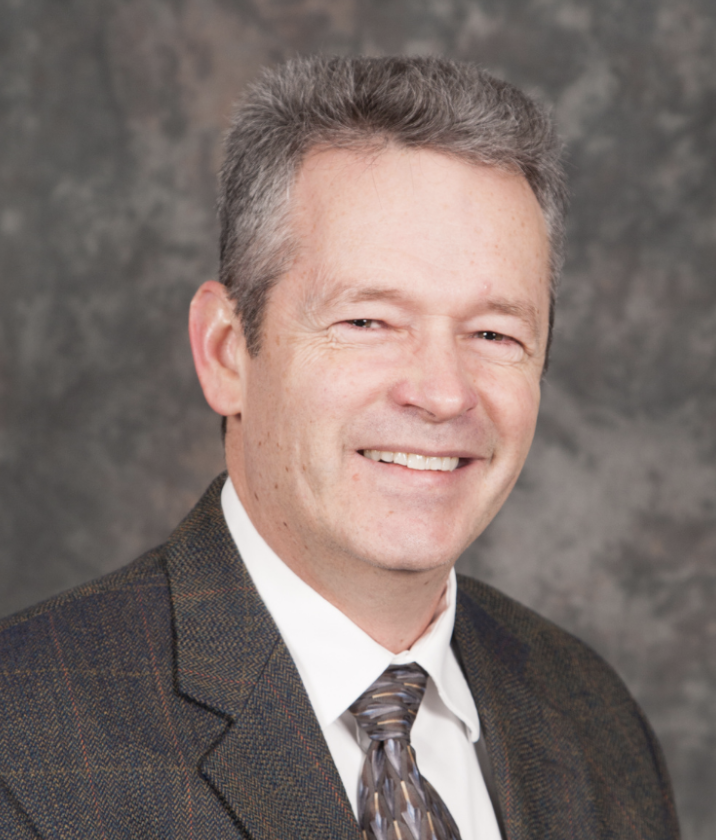New Evidence on the Role of Exercise as a Cancer Treatment
 Exercise is established as a supportive care intervention in oncology to improve health-related fitness, symptoms, and quality of life in cancer patients and survivors. Exercise has also been proposed as a possible cancer treatment; however, there are an infinite number of clinical oncology settings in which exercise may be tested as a cancer treatment. These distinct clinical oncology scenarios have implications for the treatment goals of exercise, the feasibility of exercise, the likelihood of exercise producing a clinical benefit, and the design of preclinical and clinical research. In this presentation, I will propose a novel framework to guide research on exercise as a cancer treatment across distinct clinical oncology settings. I will then summarize recent preclinical, observational, and intervention studies examining exercise as a cancer treatment across these different clinical scenarios and offer directions for future research.
Exercise is established as a supportive care intervention in oncology to improve health-related fitness, symptoms, and quality of life in cancer patients and survivors. Exercise has also been proposed as a possible cancer treatment; however, there are an infinite number of clinical oncology settings in which exercise may be tested as a cancer treatment. These distinct clinical oncology scenarios have implications for the treatment goals of exercise, the feasibility of exercise, the likelihood of exercise producing a clinical benefit, and the design of preclinical and clinical research. In this presentation, I will propose a novel framework to guide research on exercise as a cancer treatment across distinct clinical oncology settings. I will then summarize recent preclinical, observational, and intervention studies examining exercise as a cancer treatment across these different clinical scenarios and offer directions for future research.
Kerry S. Courneya, Ph.D. is a Professor and Canada Research Chair in the Faculty of Kinesiology, Sport, and Recreation at the University of Alberta. He received his B.A. (1987) and M.A. (1989) in Kinesiology from Western University in London, Ontario, and his Ph.D. (1992) in Kinesiology from the University of Illinois at Urbana-Champaign. He spent five years as an assistant professor at the University of Calgary (1992-1997) before moving to the University of Alberta in 1997. His research program focuses on the role of exercise after a cancer diagnosis including how exercise might help cancer patients prepare for treatments, tolerate and respond to treatments, recover after treatments, and improve treatment outcomes. He has received numerous awards for his research including the Manulife Prize for the Promotion of Active Health, the O. Harold Warwick Prize from the Canadian Cancer Society, and the Award of Research Excellence from the Canadian Association of Psycho-Oncology. In 2023, Prof. Courneya was appointed an Officer in the Order of Canada for his groundbreaking research in exercise oncology.
Location: Life Sciences Building, Room 1001